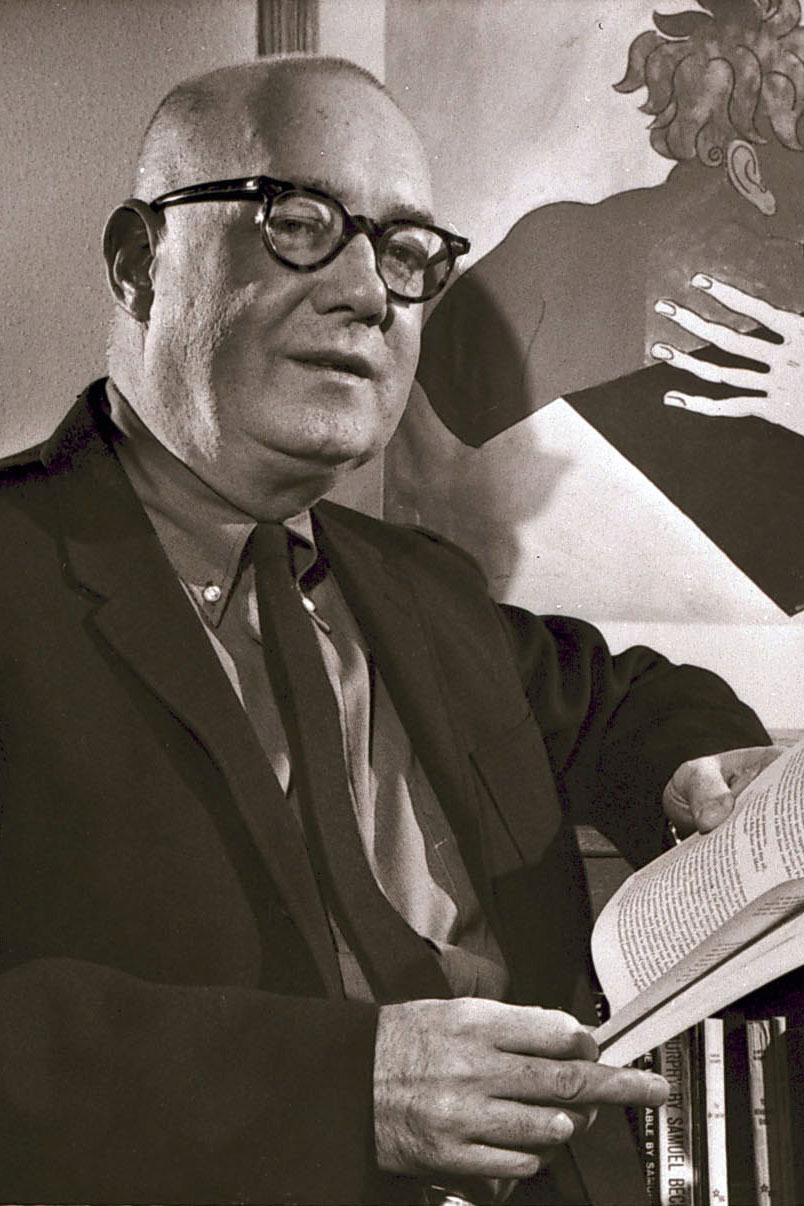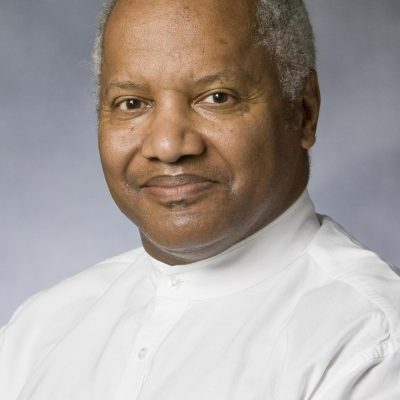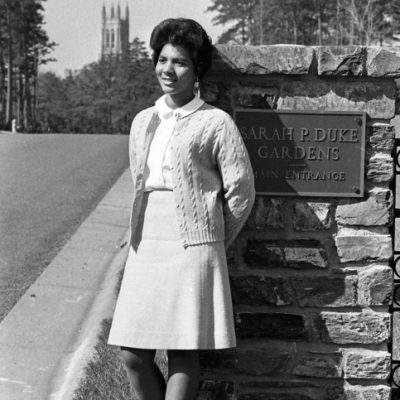For three decades, one of the most magical learning experiences at Duke was sitting in a large, crowded lecture hall, listening to Wallace Fowlie teach about Marcel Proust or the great French Symbolist poets.
Arriving in 1964, Fowlie spent the rest of his career at Duke, filling his classrooms with insights into Proust, Mallarme, Rimbaud, Verlaine and others. He shared the relevance of their poetry and writing with successive generations of students.
Fowlie told one interviewer in 1993 that he saw his role “as transcending that of a mere academic adviser.” He taught classes until his death in 1998 at age 89.
“One of his greatest assets was that he was revered by his students,” said longtime friend Marcel Tetel, a Duke professor of French. “He developed friendships with many of his students. He talked to them at length after class, and he would even have them over to his house for dinner. His classes were always full.”
A Harvard graduate who studied under poet T.S. Eliot, Fowlie rose to become the preeminent scholar of French literature in America, keeping the field dynamic when it had fallen out of favor elsewhere. He also nurtured numerous graduate students who continue to contribute to the field.
Fowlie wrote more than 20 books on French literature, and his English translations of Rimbaud and others inspired new readers, including some unlikely ones.
In 1994, Fowlie published “Rimbaud and Jim Morrison: The Rebel as Poet,” drawing parallels between the life of the revolutionary French poet and the lead singer of the rock group “The Doors.” Morrison had written Fowlie, telling him how much his translation of Rimbaud had affected his life.
Throughout his career, Fowlie corresponded with influential artists such as Jean Couteau, Anaïs Nin and Henry Miller, and these letters still make for lively reading in the Duke Special Collections.



